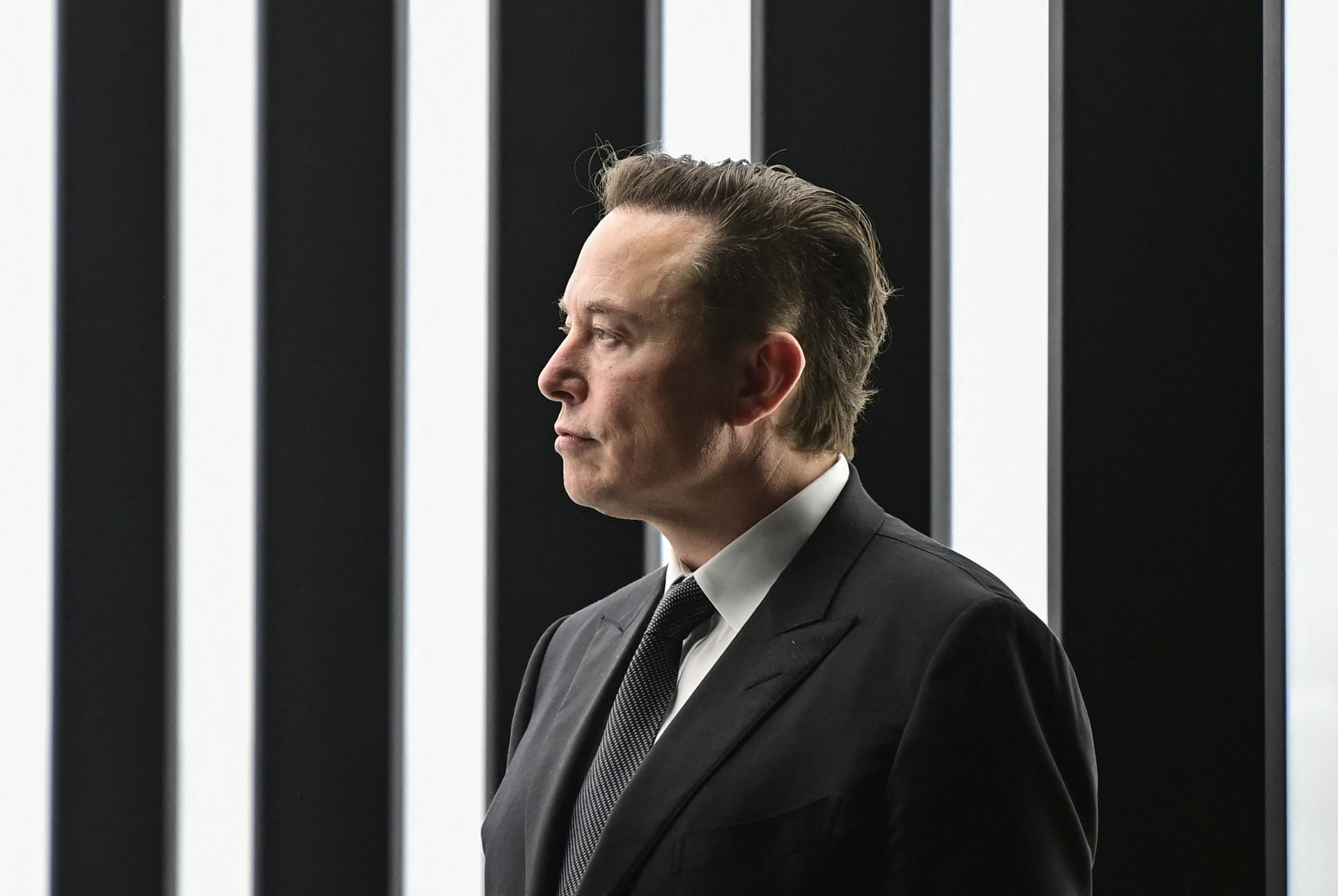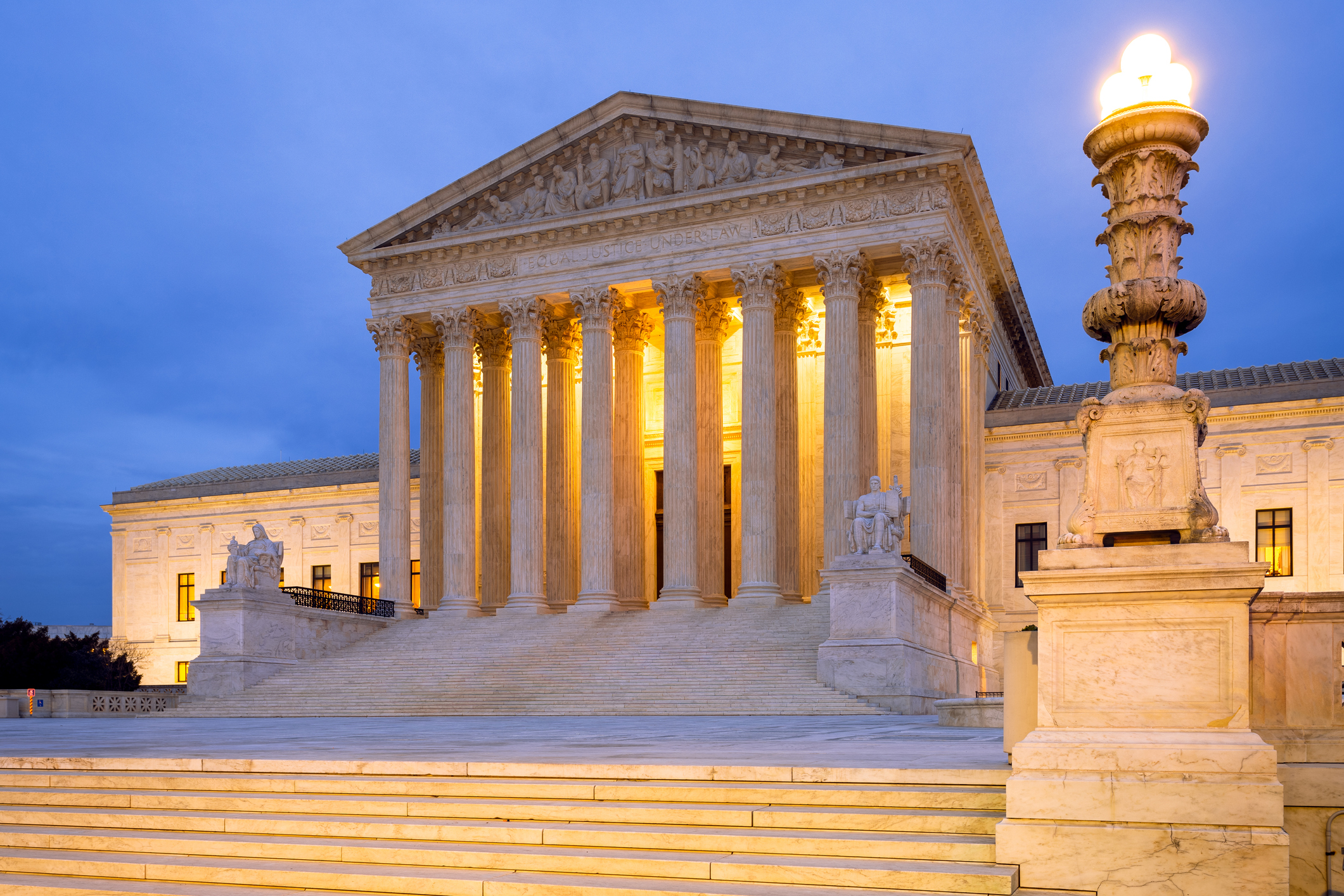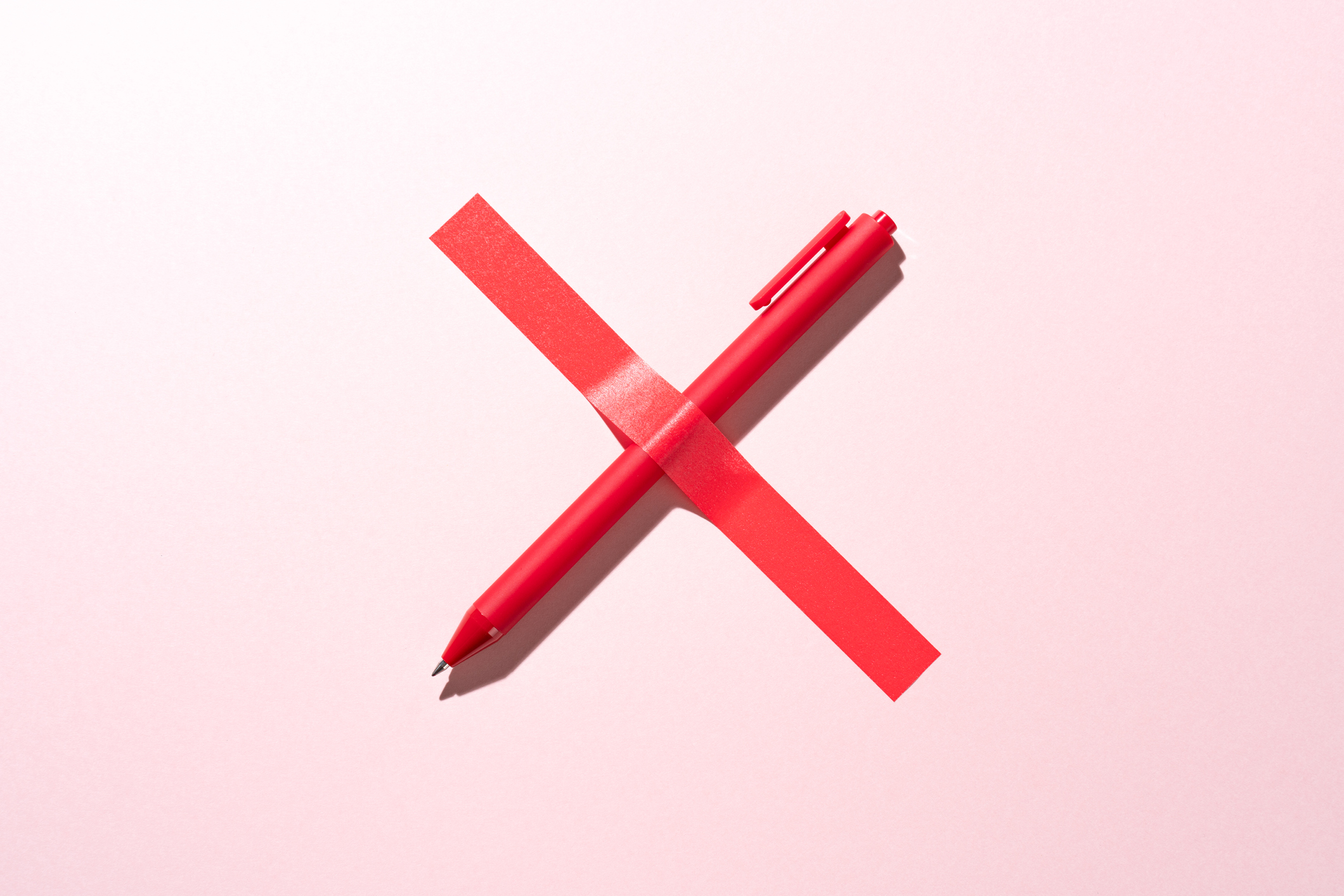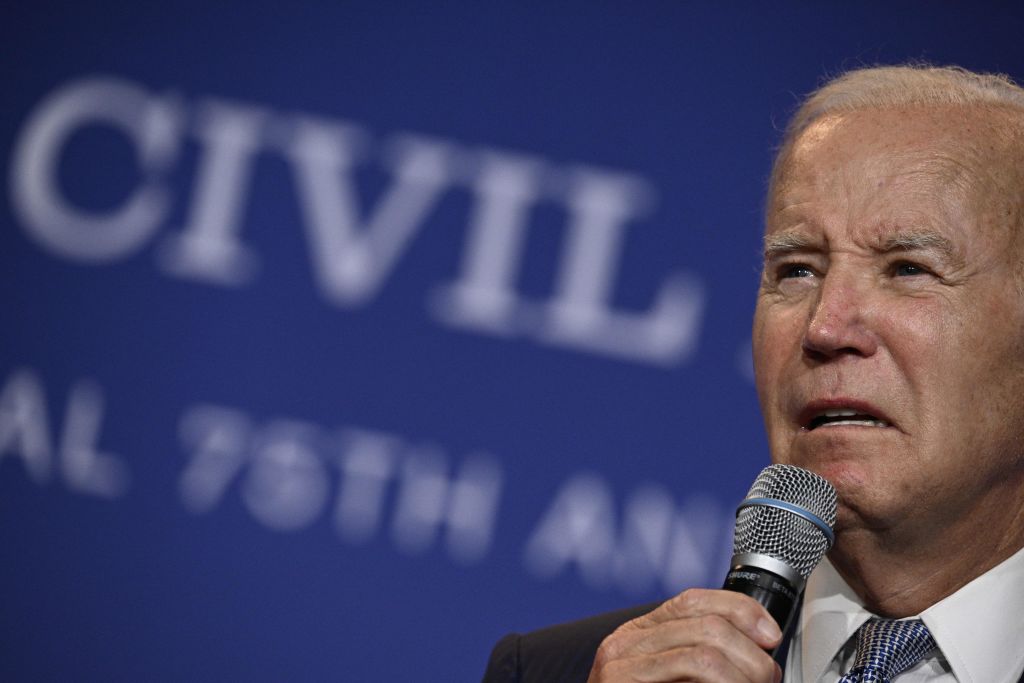Americans can’t let Twitter noise overwhelm political reality.
Faith in Princes

Elon is neither your enemy nor your savior.
Elon Musk is not going to save you. He’s not your king, and he’s not your god, any more than Dr. Fauci or Klaus Schwab is. Elon is no more suited than them, by nature or by divine ordination, to decide for you upon the courses of action that will make your life meaningful and upright. He has no more authority to shoulder these sacred burdens on your behalf than those other pretenders. But unlike them, he doesn’t want to.
I could be wrong about this. I don’t know the man, and there is always much more to public figures than what they let on in interviews. But when he says that “free speech is the bedrock of a functioning democracy,” he is following a noble instinct, and I believe that instinct is sincere. “Generally I think we should be aiming for a positive society, and it should be okay to be humorous,” he told the editors of the Babylon Bee. That interaction helped touch off the chain of events that led to his acquisition of Twitter.
And tellingly, what his opponents most fear in him is exactly what I hope for: “Mr. Musk seems to seek…a kind of infinite license to say almost anything, anywhere,” writes Elizabeth Spiers in the New York Times. I am grateful to Ms. Spiers for putting the matter so plainly: yes, that is exactly what I want. I think Elon wants it too. To the extent he is willing and able to deliver it, he is the ally of patriotic Americans everywhere.
Some critics have tried lamely to catch Musk out in hypocrisy because he does not permit employees of Tesla to disparage the company. But that won’t wash—it’s a perfectly normal and unremarkable sort of contract, entered into freely by both parties. If I wanted to go around denouncing the Claremont Institute, I would have every right to do so, but not while continuing to draw a paycheck from them. And since the people raising this concern are the same people who don’t want Musk to be serious about his “free speech absolutism” to begin with, that whole line of argument is a bit disingenuous.
The bigger issue is that Musk has objectives in mind which many of his supporters either don’t share, or find vaguely sinister. He wants us all using wind and solar power, riding in driverless electric cars, delegating chores to in-house robots, and patching our brains into a digital system called Neuralink. If unrestrained by clarity and conviction about the human soul’s central place in creation, these projects have the potential to evolve into transhumanist nightmare fuel. Some wonder whether, in their eagerness to fix Twitter, conservatives have invited in exactly the sort of vampire they should be guarding most vigilantly against.
The Best Bad Option
But by and large, the Right is going into this partnership with open eyes. I don’t think this has yet been fully appreciated: American conservatives have learned to be admirably forthright with themselves and others about the tradeoffs they must make in dire circumstances. Those who had not already learned this skill got a crash course two elections ago. “Trump is worse than imperfect,” wrote Michael Anton in his landmark argument for voting red in 2016. Talk to most Trump voters and they’ll concede a great deal about his many character flaws—they just think the alternatives are worse.
Some skeptics, notably Rod Dreher, were alarmed at a kind of messianic Trumpism that emerged among Evangelicals. And it’s true that the Right has not been immune to political idolatry—the golden Trump statue at CPAC 2021 comes readily to mind. But for a good deal of Trumpists, the most ready and frequent Biblical comparison was a rather unflattering one, between the Donald and King David: “he’s an unworthy vessel chosen by God to save us from the evil on the Left,” said Norman Podhoretz in 2019. “And he’s not the first unworthy vessel chosen by God. There was King David who was very bad—I mean he had a guy murdered so he could sleep with his wife, among other things.”
This mode of thought is part of the wisdom scripture can impart. Once you realize the world is broken by sin, you can accept that virtue often means selecting the best from among bad options. It also means being forthright about even your heroes’ flaws: “thou art the man!” said the prophet Nathan in his famous reckoning with King David after the adulterous episode cited by Podhoretz. But neither Nathan nor God himself deposed King David: grievously flawed though he was, he had a job to do.
This does not mean that Trump, or anyone, should have unlimited license from religious conservatives to indulge in his worst impulses. It just means that when we vote for him, we know what we’re getting into. “Have you not read what King David did when he and his companions were hungry?” said Jesus to the Pharisees: “he entered the house of God, and he and his companions ate the consecrated bread, which was not lawful for them to do.” Under duress and in times of great need, we chart our crooked path as best we can.
So on the subject of imperfect rulers, which is all of them, scripture counsels not blind submission but hard-nosed realism: “put not your faith in princes.” Only religion can teach this with any reliable coherence or effectiveness, because only religion can countenance a higher power than the powers of this world. “It is only by believing in God that we can ever criticise the Government,” wrote G.K. Chesterton. “Once abolish the God, and the Government becomes the God.”
Chesterton was describing Soviet Russia, where atheism underwrote totalitarianism. But the truth of his words is also obvious in our own supposedly secular age, when politics has become most worshipful precisely where it has become most irreligious. In the past two years alone, I have seen failed gubernatorial candidate Stacey Abrams portrayed as the savior of our nation, a recipient of votive sacrifice, and the rightful president of planet earth. I do not think Republicans are uniquely guilty of making political figures into false gods.
In fact, the remarkable thing is not that some conservatives have also fallen victim to this pagan politics. The remarkable thing is that so many conservatives have resisted falling victim, precisely because their Bible has convinced them that no merely human man is holy enough to set the world to rights. America’s Judeo-Christian heritage, at its best, teaches that human life is tragic, that earthly powers will always disappoint, and that God alone can save.
Betting on Musk
And so, just as Republicans accepted that Trump was the best imperfect megaphone they could find for their concerns, so conservatives are now betting that Musk is the closest they are going to get to a Twitter CEO who’s on their side. Ideally, the freedom of our public square would not depend on the outcome of a Götterdämmerung between Olympian techno-futurists. But the world is what it is, and—among the available options—Elon’s our guy.
He’s our guy not least because, much like founder Jack Dorsey, he seems to understand that no one should wield the kind of power he now does as CEO. This itself is an indicator that he shares the mistrust of overweening authority which is a crucial hallmark of America’s revolutionary spirit. There is no substitute in this country for men with that rare virtue, the capacity to take up power with the express intention of surrendering it for good. That is why George Washington is our founding hero, and why the legend that most haunts us from antiquity is the legend of Cincinnatus.
“At all times sincere friends of freedom have been rare,” wrote Lord Acton. “Its triumphs have been due to minorities, that have prevailed by associating themselves with auxiliaries whose objects often differed from their own.” All told, we could pick a worse auxiliary than Elon—I don’t think he’s trying to fool us about what he believes, and I don’t think we’re fooling ourselves, either. The friends of freedom always have to build coalitions. Those coalitions always come with risks, some of them severe. But we take them knowingly because we understand this fallen world, and because we are not looking for a savior. We have one already, and it is he—not Elon Musk, not Stacey Abrams, not Donald Trump—who makes us free.
The American Mind presents a range of perspectives. Views are writers’ own and do not necessarily represent those of The Claremont Institute.
The American Mind is a publication of the Claremont Institute, a non-profit 501(c)(3) organization, dedicated to restoring the principles of the American Founding to their rightful, preeminent authority in our national life. Interested in supporting our work? Gifts to the Claremont Institute are tax-deductible.
A free society depends on a free and open exchange of ideas.
The rise of women on college campuses poses a threat to free speech.
Accepting the idea that democracy is all about process undermines the very principles of our regime.
The Biden Administration asks whether we should have a First Amendment.
Despite the media’s subterfuge, Missouri v. Biden is a complete victory for the plaintiffs.






